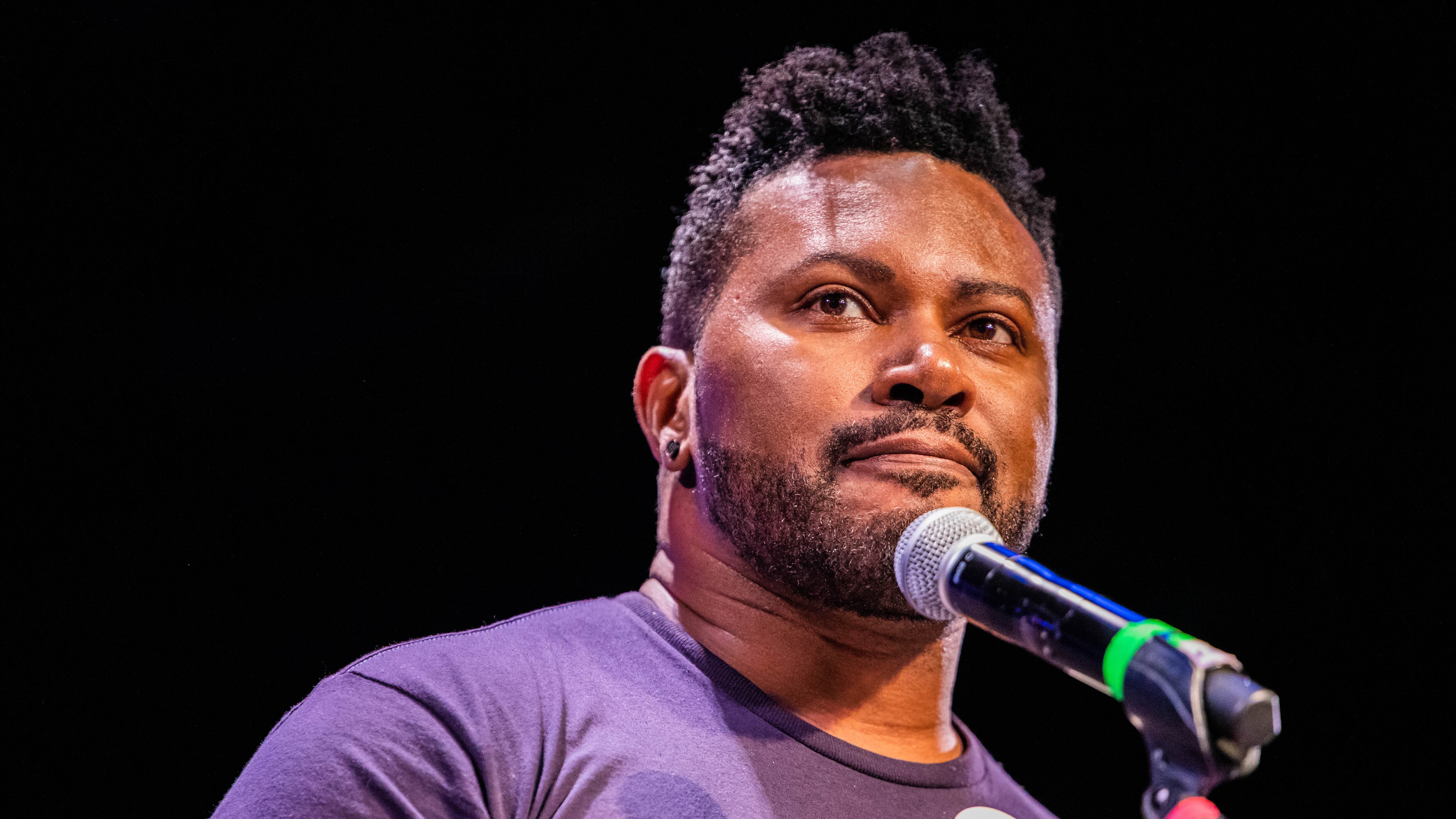As of 1 pm Monday, Nov. 7, just 35.7% of Multnomah County voters’ ballots had been received by elections officials. That equates to 202,329 ballots.
That’s a very low number considering 383,225 county residents cast ballots in the 2018 general election, the last time the governor’s office was up for grabs.
Multnomah County accounts for nearly 1 in 5 registered voters in the state, so if votes come in late or not at all, that will have consequences on election night and possibly beyond. Registered Democrats in the county (51.2%) outnumber Republicans (10.5%) nearly 5 to 1, which makes the county’s vote key in statewide elections.
Because the Multnomah County vote usually comes in late, Oregon has grown accustomed to a phenomenon in which Republicans, such as U.S. Sen. Gordon Smith (R-Ore.) in 2006 and GOP candidate for governor Chris Dudley in 2010, go to bed on election night with a lead, only to see that lead disappear as Multnomah County tallies its votes.
Multnomah County Elections director Tim Scott says his team normally expects to have 50% to 60% of the ballots it has received tallied by the 8 pm first release of results on election night.
Scott says voters turned their ballots in earlier than normal in 2020 because of concerns about the pandemic. Those concerns seem to have evaporated.
“We saw in the primary people went back to voting late,” Scott says. “There was a really big last-minute surge, and if that happens again, it will translate into getting ballots on Wednesday through Friday.”
One wild card is the new law that allows ballots postmarked by 8 pm on election night to be counted. Previously, ballots had to be received at official drop sites by 8 pm.
“We got about 13,000 ballots the day after the election in the primary,” Scott says. (Those ballots had valid postmarks before the deadline, he says.) “There’s no way to know how many we’ll get this week. We are in uncharted territory.”
Late voting impacts the speed at which ballots can be counted because elections officials have to check the identifying bar code of each incoming ballot, then open the envelope and prepare it for a counting machine.
In states where voters go to polling stations distributed across cities and counties, votes can be counted at the voting locations. But with vote-by-mail, there is just one central tallying station in each county. So ballots must be delivered, go through a security check and be processed, all before they can be counted. That’s why results here take longer than in other states.
And the later ballots come in, the later the results. “That’s the way it’s always been with vote-by-mail,” Scott says. “We don’t have a distributed workforce like states with polling places do.”
In the 2018 general election, Multnomah County voters turned in nearly 106,000 ballots on the final day, more than one-quarter of all ballots received. It’s likely to be far more than that this year—or there will be a big hole in expected turnout.
Thus far, Democratic voters are lagging Republicans significantly: As of Nov. 7, 48.3% of Republicans had returned ballots, while just 43.7% of Democrats had. That 4.6-percentage-point gap is far wider than in the past five general elections, in which Republican turnout topped Democratic turnout by just eight-tenths of a point.
Scott says any voters who did not receive a ballot can still go to local elections offices and get them upon providing proof of identity. In Multnomah County, there are two locations: the elections offices at 1040 SE Morrison St. and in Gresham at 600 NE 8th St.
“If you don’t have your ballot yet, do something right away,” Scott says.
Ballots must be delivered to official drop sites or postmarked by 8 pm Nov. 8.
